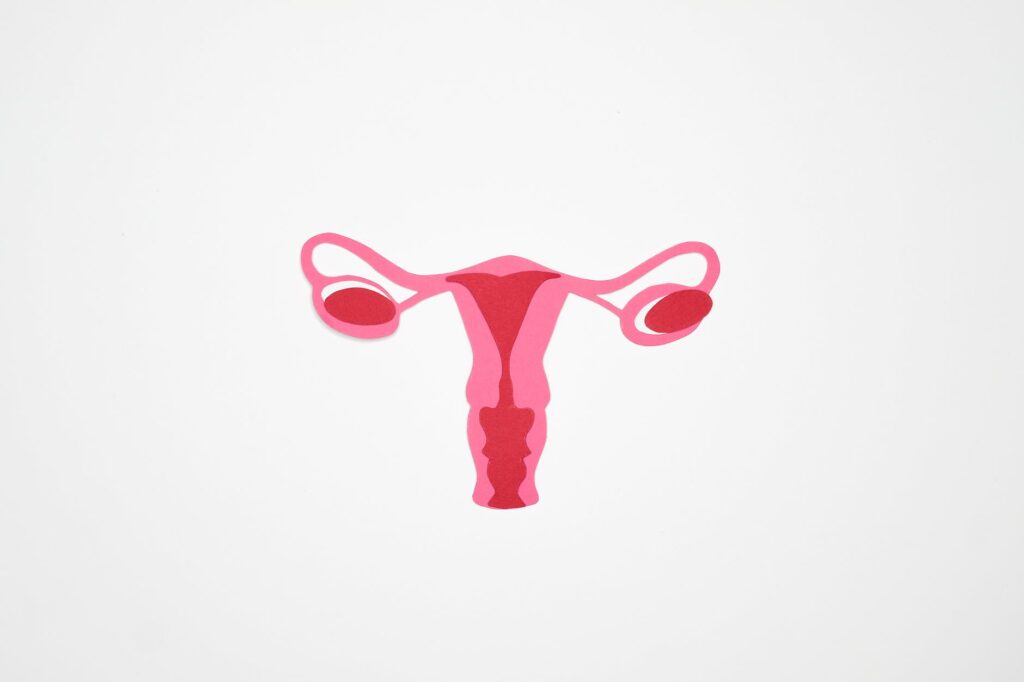
Introduction
Polycystic ovary syndrome (PCOS) is a health condition that affects women. It causes a woman’s hormones to become out of balance, which can cause a number of symptoms. This can include weight gain, difficulty getting pregnant, and acne. It can also lead to more serious problems such as diabetes and high blood pressure. Dr. Nadine Haddad suggests, if you have symptoms of PCOS, it’s important to get them checked out by your doctor so you know if you have the condition or not.
What is PCOS?
Polycystic ovary syndrome (PCOS) is a common endocrine disorder that affects women of reproductive age. It can cause irregular periods, unwanted hair growth, and infertility. PCOS also causes cysts on the ovaries and high levels of male hormones called androgens.
Symptoms of PCOS are not always obvious; many women have few or no symptoms at all. If you have PCOS and aren’t experiencing any symptoms now, it doesn’t mean that your body won’t develop them later in life–it just means that you haven’t noticed anything yet!
What are the symptoms of PCOS?
PCOS is a complex disorder, and there are many symptoms that can occur. The most common symptoms of PCOS include:
- Infertility. Women with PCOS have difficulty getting pregnant. They may also have a higher risk of miscarriage or stillbirth if they do become pregnant.
- Irregular periods. The menstrual cycle is made up of ovulation (when the egg is released), the luteal phase (when progesterone levels rise), menstruation, and then bleeding for about five days each month for about three decades in a woman’s life–unless she has an underlying condition like PCOS that disrupts this cycle or causes it to stop altogether. Women with PCOS often experience irregular ovulation cycles as well as an absence of periods; this makes it difficult to predict when you’ll be fertile or not!
- Hirsutism (excessive hair growth). This condition affects between 30% – 40% percent women with polycystic ovarian syndrome; however it doesn’t always mean that you have this condition since other factors such as genetics play a role too…
How is PCOS diagnosed?
To diagnose PCOS, your doctor will likely conduct a physical exam and ask you about your symptoms. They may also order blood tests to evaluate hormone levels and perform an ultrasound scan of the ovaries (to look for cysts).
If you have classic symptoms of PCOS but they don’t disappear with weight loss or exercise alone, then your doctor might recommend further testing like the ones listed below:
How is PCOS treated?
PCOS is generally treated with medication, lifestyle changes and surgery.
- Medication: Your doctor may prescribe metformin (Glucophage) to help treat PCOS. Metformin decreases insulin resistance by making your body more sensitive to it. This makes your body more able to use glucose (sugar) for energy instead of storing it as fat.
- Lifestyle changes: Diet and exercise are important parts of managing PCOS because they can help you lose weight and control your blood sugar levels if you have diabetes or prediabetes — but they also improve other symptoms associated with the condition like acne, excessive hair growth and irregular periods by improving hormone balance in the body.* Surgery: If you suffer from infertility due to PCOS then surgery may be an option for you as well
Can you prevent PCOS from developing?
A woman can definitely prevent PCOS from developing. A healthy lifestyle and diet are key components of this prevention process.
The best way to avoid developing PCOS is by maintaining a healthy weight, eating right and exercising regularly. It’s also important to avoid excess stress in your life, which can trigger the symptoms associated with PCOS even before they have time to develop into full-blown disease.
If you have symptoms of PCOS, it’s important to get them checked out.
If you have symptoms of PCOS, it’s important to get them checked out. Your doctor can do this by performing a physical examination and asking about your medical history. They may also order tests like blood tests or ultrasounds (a type of X-ray that uses sound waves).
If the results show that you have PCOS, treatment will depend on how severe it is and whether or not other conditions are present. For example:
- If your acne isn’t severe enough for oral antibiotics or topical medications (topical means applied directly onto the skin), topical retinoids like tretinoin gel may help clear up milder cases of acne caused by PCOS over time.*
Conclusion
PCOS is a complicated condition that can have a major impact on your life. If you have symptoms of PCOS, it’s important to get them checked out by a doctor who specializes in this area of medicine (an endocrinologist). They will help determine whether or not you actually have the condition and what treatment options might work best for you.